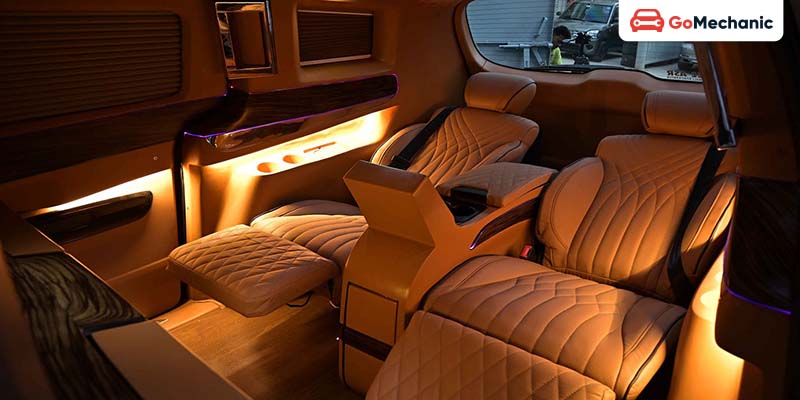Owning a luxury car is a symbol of wealth and fortune. The sleek designs, powerful engines, and cutting-edge technology make them highly desirable. However, the allure of driving such a prestigious vehicle often overshadows the hidden costs associated with their ownership. From steep maintenance fees to rapid depreciation, the expenses can significantly affect your financial planning. Here, we explore these hidden costs in detail to give prospective and current owners a clearer picture of what to expect beyond the purchase price.
1. High Maintenance and Repair Costs
Luxury cars are synonymous with high performance and exclusivity, but maintaining such standards comes at a cost:
- Expensive Parts: The components used in luxury cars are usually high-end and less common than those in standard vehicles, which makes them more expensive to manufacture and replace.
- Specialized Maintenance: Luxury cars require specialized service from technicians trained to handle their complex systems. Such expertise often commands a higher price.
- Frequent Servicing: High-performance vehicles often need more frequent servicing to keep them running at peak condition, adding to the overall maintenance cost.
- Insurance Premiums: Insuring a luxury car is typically more expensive than insuring a standard vehicle. The cost escalates with the value of the car and its appeal to thieves.
2. Depreciation: A Silent Expense
While all cars depreciate, luxury vehicles often face a steeper decline:
- Rapid Depreciation: Luxury cars lose value more quickly than economy cars. A new luxury car can lose up to 50% of its value within the first three to four years.
- Model Updates: With frequent updates in technology and design, older models of luxury cars can become outdated more quickly, accelerating their depreciation.
- Market Perception: The second-hand market for luxury cars can be limited, as potential buyers might prefer new models due to their updated features and warranties.
3. Fuel Consumption
Luxury cars are not usually known for their fuel efficiency:
- High-Performance Engines: Most luxury cars are equipped with larger, more powerful engines that consume more fuel than those found in more modest vehicles.
- Premium Fuel Requirements: Many high-end models require premium fuel, which can significantly increase the cost of fuel over the lifetime of the vehicle.
4. Costly Modifications and Accessories
Enhancing a luxury car with custom modifications or accessories can be expensive:
- Customization: Owners often opt for customization to enhance performance or aesthetics, which involves high costs for parts and labor.
- Premium Accessories: From high-end audio systems to custom wheels, the accessories designed for luxury vehicles are as expensive as they are impressive.
5. Tax Implications
Owning a luxury car can also lead to higher taxes:
- Sales Tax: The initial purchase includes a hefty sales tax based on the car’s high cost.
- Property Tax: Some regions assess annual taxes based on the value of the vehicle, which can be significant for luxury cars.
6. Extended Warranties and Service Plans
While not mandatory, many luxury car owners opt for extended warranties and service plans:
- Extended Warranties: These can help manage repair costs after the standard warranty expires, but they come at a high initial price.
- Service Plans: Prepaid service plans can help manage maintenance costs, but they require a significant upfront payment.
Conclusion
Luxury cars are much more than just a mode of transportation; they are a lifestyle choice. However, this lifestyle comes with its set of financial implications that go beyond the initial sticker price. Understanding these hidden costs—maintenance, depreciation, fuel consumption, accessories, taxes, and more—is crucial for anyone considering entering the luxury car market. By being aware of these expenses, owners can better manage their budgets and enjoy the prestige of luxury car ownership without undue financial stress.








